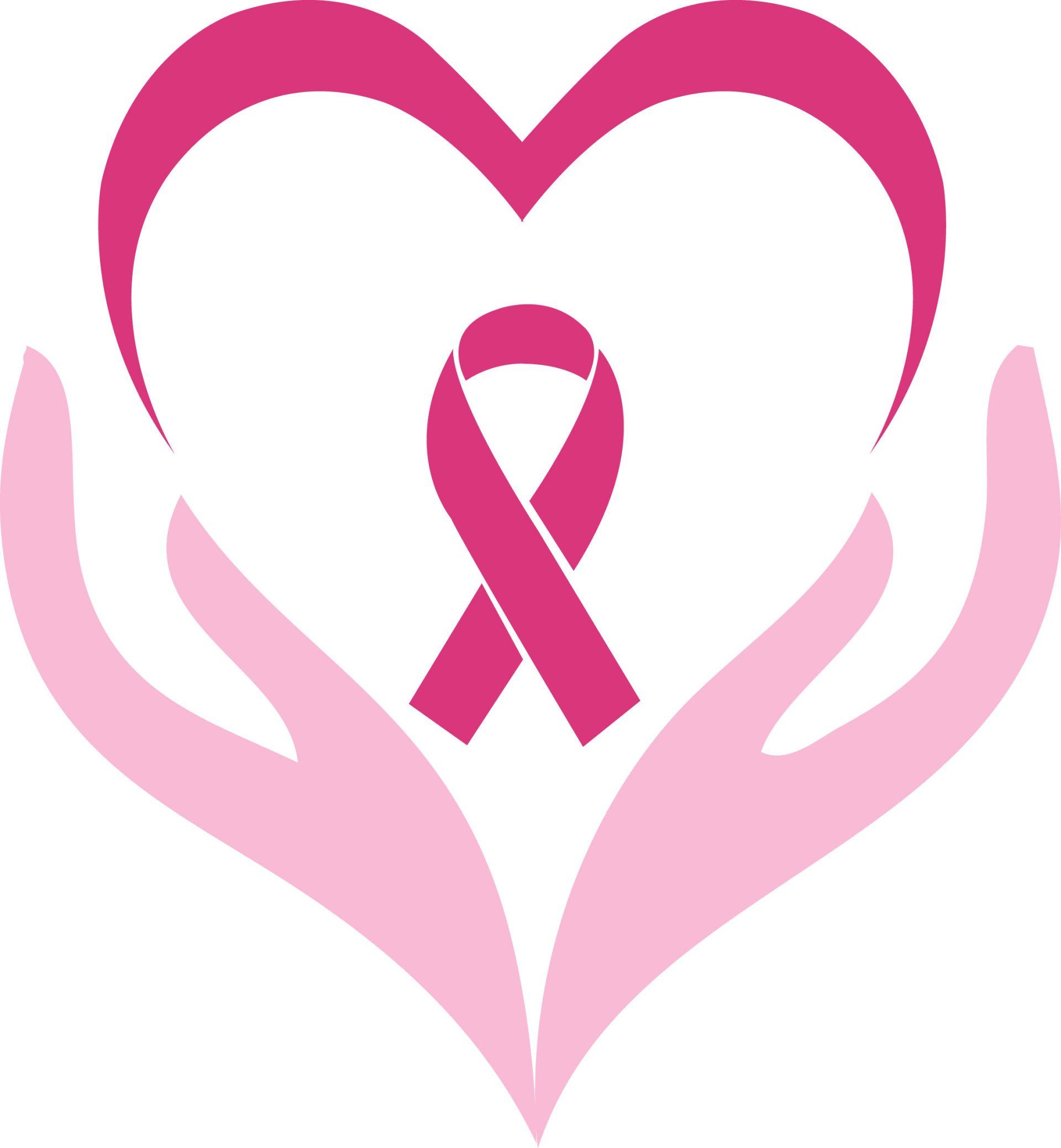Breast Screening
What is breast screening?
The most effective approach for Breast Cancer care is early detection. This involves these breast checks:
- Breast Self-Exams,
- Clinical Breast Examinations, and
- Breast Imaging such as mammogram, ultrasound and/or magnetic resonance imaging.
Appropriate scheduled Breast Screening is important as breast cancer is the most common cancer in women in Australia and the second most common cancer to cause death in women.
Eligibility for Breast Screening?
A screening mammogram (also called a breast screen) is for women with no breast symptoms. This is different from a diagnostic mammogram, which is for women with new breast changes such as a lump or nipple discharge.
BreastScreen WA invites you to have your
- first screening mammogram at the age of 50, and
- then once every 2 years up to the age of 74.
Depending on their risk factors for breast cancer, women over the age of 40 may need to have a mammogram performed every one to two years.
Screening Recommendations Based On Age
Under 50
You can attend BreastScreen WA for a free screening mammogram, but breast screening is less effective for women under 50. As you are at lower risk of developing breast cancer, breast screening is not encouraged for women in this age group.
Also, due to higher breast density for younger women, it can be harder for screening mammograms to detect small cancers.
Speak to your doctor about whether breast screening is right for you.
50-74
It is recommended you have a screening mammogram every 2 years - lookout for your reminder letter from BreastScreen WA.
Over 74
You can attend BreastScreen WA for a free screening mammogram, however, you should speak to your doctor first about whether breast screening is a priority for you.
Why Have a Breast Screen?
Early breast cancer detection can dramatically reduce the risk of death. Women whose breast cancer is detected by BreastScreen WA are half as likely to need a mastectomy.
Breast screening can detect very small breast cancers before they can be seen or felt by you or your doctor. Early detection of breast cancer can mean less invasive treatment and better survival rates.
What are Limitations of Breast Screening?
Mammograms are one of the most effective diagnostic tools for identifying breast cancer early. They can detect the changes of the underlying soft tissue and assess the depth and cause of the pathological condition.
Screening tests for women over the age of 50 are not 100% accurate as not all cancers will be detected through screening.
A screening mammogram may detect abnormalities in the breast which require further tests, but may not turn out to be cancer and a screening mammogram increases your chance of early detection of breast changes through high quality images which provide a clear picture of the involved tissue and help detect all types of lumps.
Some cancers cannot be seen on a mammogram or can develop during the time between mammograms. There is also a small chance that cancer could be missed on a mammogram.
Most breast cancers found through BreastScreen WA would grow and become life-threatening if not treated. However, some breast cancers that are found and treated may not have become life-threatening (known as over diagnosis). At this time, it is not possible to tell exactly which breast cancers may become life-threatening and which may not.
Having a screening mammogram means your breasts are exposed to a very small amount of radiation. Research shows the benefits of having regular breast screening outweigh any possible risks from radiation.
Useful Resources
- The Little Pink Book - A brief guide to breast health.
- BreastScreen WA Information for Women - Breast cancer and screening mammography.
- BreastScreen and You - This information brochure is about screening for breast cancer.

